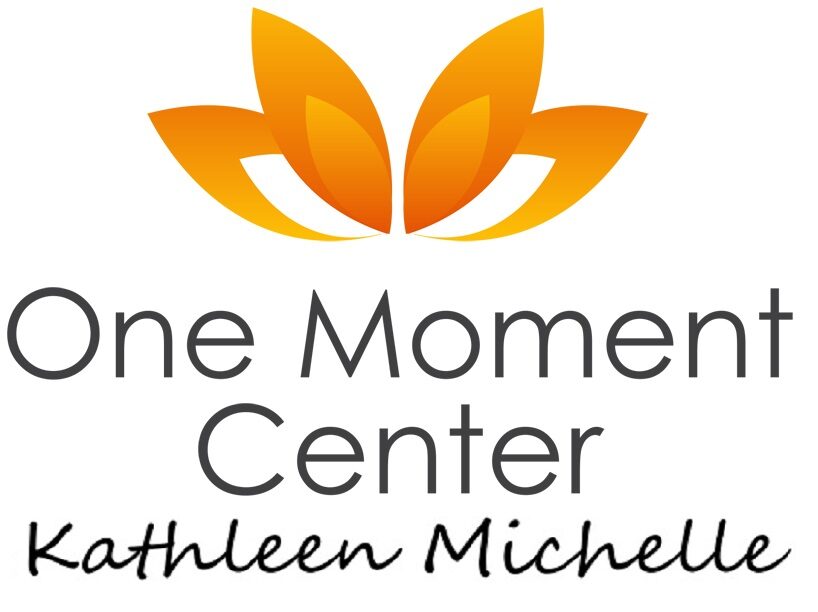“What the heck is Maitri?!”
In several OMC practices, seminars, and retreats, there has been a focus on Maitri. I get the question often, “What the heck is Maitri?!” Maitri (pronounced my-tree) is a Sanskrit word that basically translated means loving-kindness, good will, or friendliness, including (and at times especially) towards oneself.
Not only is the word “Maitri” not well-known, but I get the sense that the concept of having loving-kindness towards oneself isn’t common (at least in the Western culture, specifically the U.S.). I will try to not get on my soap box here, though marketing in this culture is based on the idea that we aren’t enough and should not feel good enough or okay with ourselves until we have obtained _________(fill in the blank). This message has been internalized since before we could read. Most of us grew up in homes with adults who wanted us to be happy and have easy lives, and with the best of intentions continued this message.
In some of his speeches and writings, His Holiness the Dalai Llama even expresses this strange phenomena in Western cultures to criticize ourselves and feel this thing called shame. This concept of, “Don’t you dare feel good enough,” is not taught, or even recognized, around the world.
When it comes down to it, it feels bad to not be friendly to ourselves. Shame and self-hatred is painful and it’s suffering. It’s fighting with the reality that we are basically good and it separates us from what connects us all, the desire to be happy and at ease.
Some of us use the self-critical and self-loathing “voice” to keep us in line, stay productive, to self-manage. Unfortunately, this punishing voice also keeps us feeling small and never accepted (by ourselves and the world) or deserving of love, attention, or belonging. This feels bad as we’re genetically wired to want belonging and love. When we can’t unconditionally love ourselves, we also see a world that can’t accept us (not that it’s reality, but it’s the filter through which we see). This is a life of pain.
Having an internal voice that keeps us in check with our morals, values and virtues, is of course helpful. Though we can do this lovingly. Thinking back to a time when you did something you’re not so proud of, what would it be like if you talked to yourself about that with a soft voice of understanding and gentleness? Not convincing yourself that you did nothing out of line of your values, that it was someone else’s fault, or that you shouldn’t take accountability and make amends; just factually reviewing the circumstances, the decisions, and understanding your attempts to keep yourself safe. Less painful? You’ll get the same outcome; bringing yourself back to your true essence. One method is just less damaging than the other.
Practicing Maitri, or the attitude of friendliness and good will towards oneself, helps us get through life with more ease. Over time, we even build more resilience to normal life stress and start to love others more authentically and deeply. No matter what life throws us, we can handle it with minimal stress and pain. This, to me, is happiness.
There are many ways to start bringing Maitri into your life. From how you to talk to yourself throughout the day to formal sitting practices, the methods to build loving-kindness towards yourself are numerous. For specific ways to practice Maitri, formally or informally, check out the follow-up blog, Creating a Maitri Pracitice, on the OMC website: www.onemomentcenter.com. (Note: look for this October 9th!)
Want to here more? Here’s a great explanation from one of my favorites, Pema Chodran: https://www.youtube.com/watch?v=7s-rRMUl04I
Peace and love on your self-discover journey!
The time has come to be your happiest self!
-Kathleen



